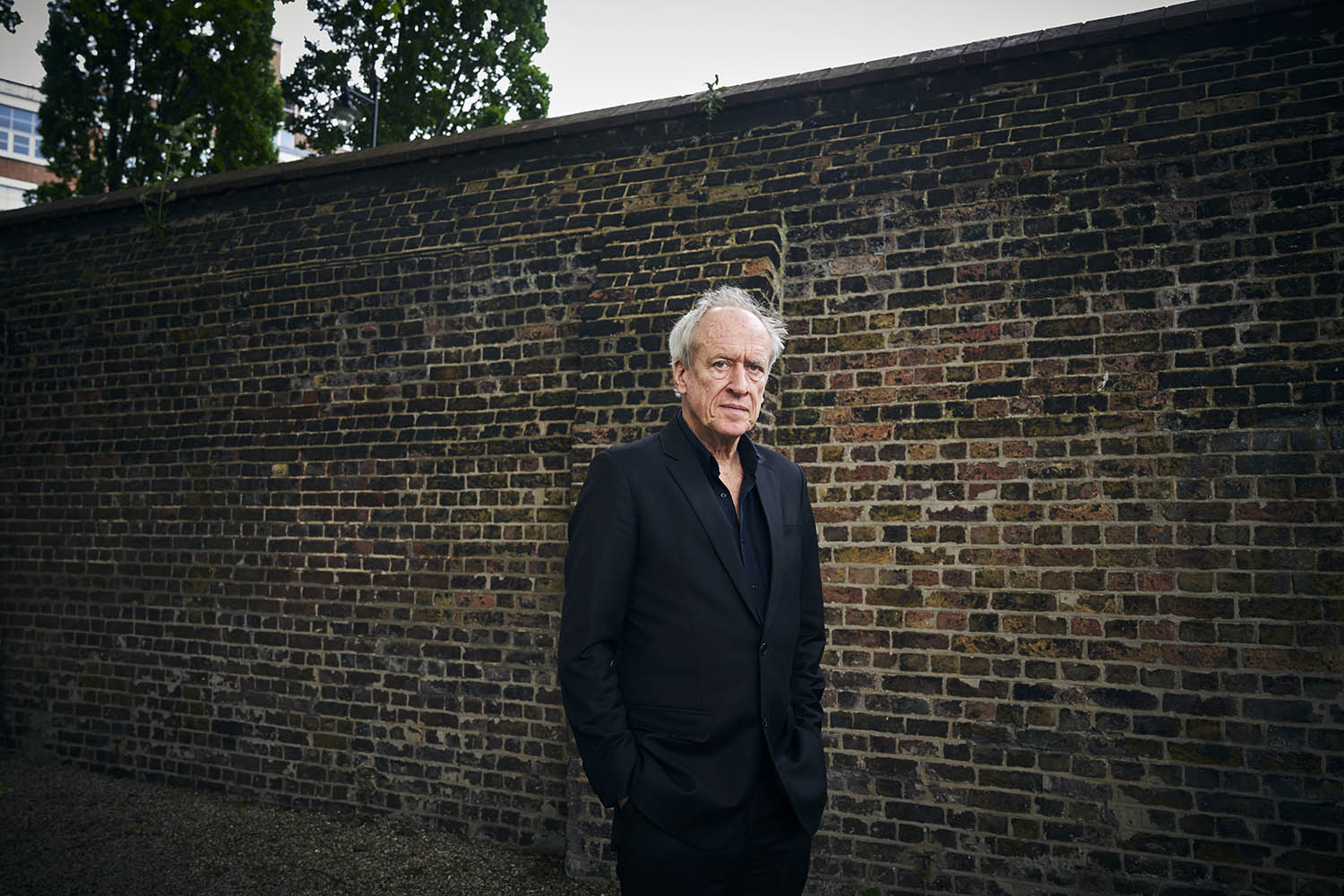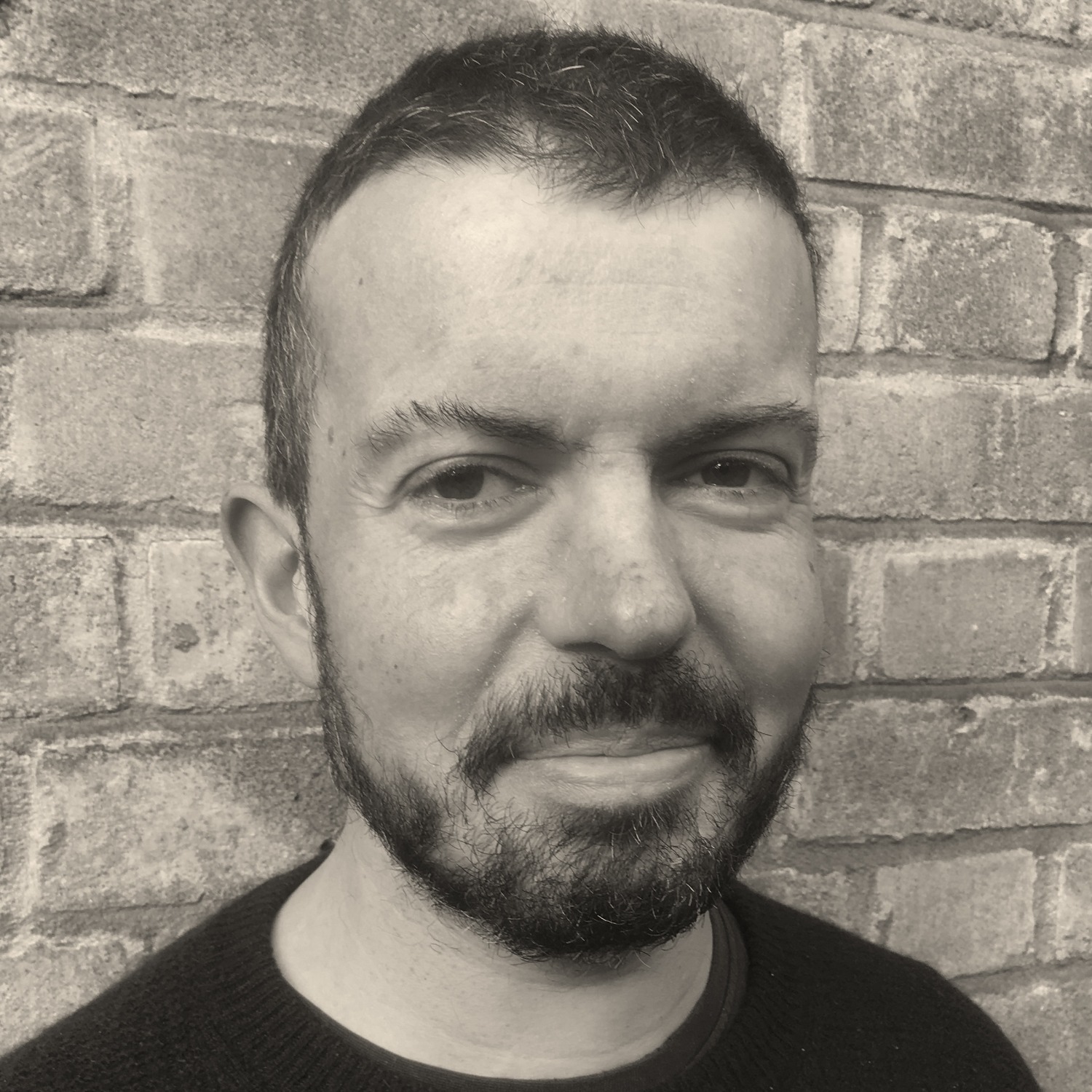Timothy O’Grady, 74, was born in Chicago and lives in Poland, having previously lived in Ireland, England and Spain. His novels include Motherland (1989), which the London Review of Books called “extraordinary”, and I Could Read the Sky (1997), which was adapted into a film starring Stephen Rea. His nonfiction includes 1982’s Curious Journey: An Oral History of Ireland’s Unfinished Revolution, a collaboration with the late documentarist Kenneth Griffith, which gave a first-hand account of Ireland’s civil war through interviews with veterans. His new novel, Monaghan, is narrated by a New York lecturer who becomes entangled in the life of a former IRA sniper.
What led you to write Monaghan?
I was intrigued by the effect of violence on the psyche. I asked various people in the IRA what it’s like to kill someone and they all said the same thing: that you can’t go back to who you were. I know the victims wouldn’t worry about that [but] it’s not my position to give an opinion about rightness or wrongness. The book just tries to get inside [the sniper’s] head. What mainly interested me was not the war but the aftermath. British soldiers, cops, IRA members, loyalists: they’re all walking around with that. What do they do with it?
How did you first come to the material?
I was a student in Chicago working for the literary magazine TriQuarterly. A [contributor] told me he had a house in Donegal I could stay in and that’s what I did when I graduated; if he’d had a house in Morocco, I’d have gone there.
My father’s parents were born in Kerry, but they were both dead before I was born and I didn’t have a strong link to Ireland. I didn’t know anything about the conflict until I went through the north in the mid-70s and got involved in researching Curious Journey, meeting people who’d been in the [1916] Easter Rising. That brought me for the first time to Belfast, where you felt the massiveness of the security state sitting on this place. The more I read, the simpler the conflict got – I saw it as colonial.
The novel interwines three men’s stories. What drew you to that structure?
All my fiction has been first-person but I couldn’t see that Ryan [the sniper] would tell his own story because it would seem to him like a vanity to do that. So I started writing in the third person but I couldn’t even get him to cross the street; I needed an “I” somewhere, and that’s where Ronan [the narrator] came in. I’d had a bit of experience of academic life, seeing creative writing programmes taught by the most risk-averse people you’d ever meet, which isn’t necessarily inspiring for students. The book is about that as much as anything. Whatever choices Ryan made, he put himself on the line, which Ronan can’t bear – he feels a fraud.
What comes more easily to you, fiction or nonfiction?
Eighty per cent of the time, writing a novel you feel pretty miserable. I chose to do it; nobody asked me! But I have no misery writing nonfiction. Fiction is always dying in front of your eyes; even if you write one sentence, it’s impossible to know if you can write the next.
Newsletters
Choose the newsletters you want to receive
View more
For information about how The Observer protects your data, read our Privacy Policy
Tell us what you read as a child.
Books about baseball or war. I wasn’t a precocious reader. I’ve seen children of 12 reading War and Peace – I was a million miles from that – but The Autobiography of Malcolm X got me when I was 16.
What have you been reading recently?
I’d never encountered Bruno Schulz before but he’s astounded me – like Isaac Babel but more hallucinatory.
Is there a writer you’ve changed your mind about over the years?
Chekhov. As a student he didn’t do much for me, but when I read him now, I feel it. If I were to go into a bar and there was Dickens, Flaubert, Nabokov, Henry James and Chekhov, I’d sit with Chekhov. He’s both pitiless and compassionate, able to write with equal understanding about soldiers or aristocrats or dogs or children.
What made you think differently about his work?
It’s easier to talk about something clever than something with deep feeling, and when I was a student it was a time of experimental fiction: John Barth, Donald Barthelme. Part of what broke through my interest in cleverness was John Berger’s G, which didn’t feel like the kind of thing American experimentalists were doing. It seemed a genuine effort to break through the page, like he’s just sitting across from you, talking, instead of you being in the audience, dazzled.
What first inspired you to write?
I went to a Catholic high school taught by Jesuits, where we were square: our clothes ironed, headed for some kind of middle-class life. Like a Rolling Stone came on the radio one day as I was being driven to school and I heard for the first time Dylan’s thrill in writing it, evident in the way he sang. Later, this priest was giving us essay assignments and I thought: this time I’m just gonna say what I think, and so I wrote this screed about the hypocrisy of the older generation. When I took it into class, the priest told us: “From today, every time you do one of these essays, I’ll ask someone to come up to the front and read it aloud; we’ll start with Mr O’Grady.” He hated it! But as I was leaving the class, these two guys I didn’t know very well said: “That’s how we feel too.” To articulate something in somebody else’s head was very exciting.
In 2003 you published On Golf, about your love of the sport. Do you still play?
Once a year only. I used to play with the poet Matthew Sweeney [who died in 2018] and we’d go to these bohemian parties where everybody hated golf. We used to try to provoke them: they all thought it was bourgeois, but to me it’s the most democratic sport. Wherever the ball goes, you can’t blame anyone else – you put it there.
Monaghan is published by Unbound (£16.99). Order a copy from observershop.co.uk for a 10% discount. Delivery charges may apply

